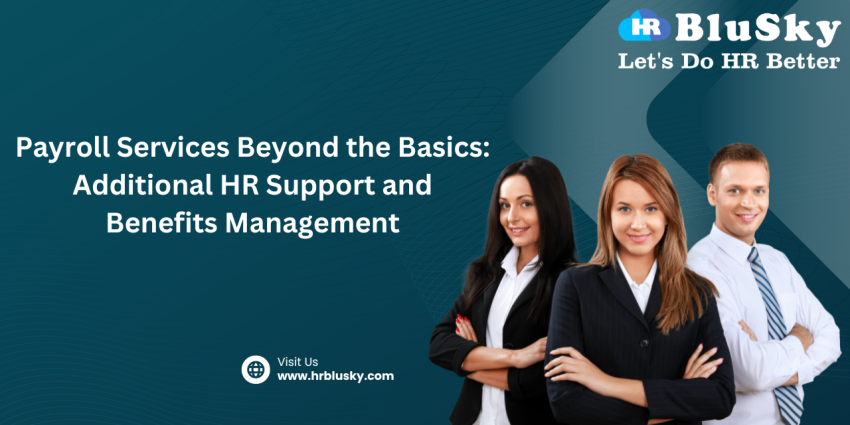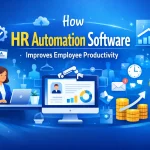In conclusion, payroll services have evolved to offer much more than just paycheck processing. By providing integrated HR support and benefits management functionalities, payroll services help businesses streamline their workforce management processes, ensure compliance with regulations, and improve employee satisfaction. By leveraging these additional capabilities, businesses can focus on their core objectives while leaving the complexities of payroll and HR administration to the experts.

Menu

Menu








